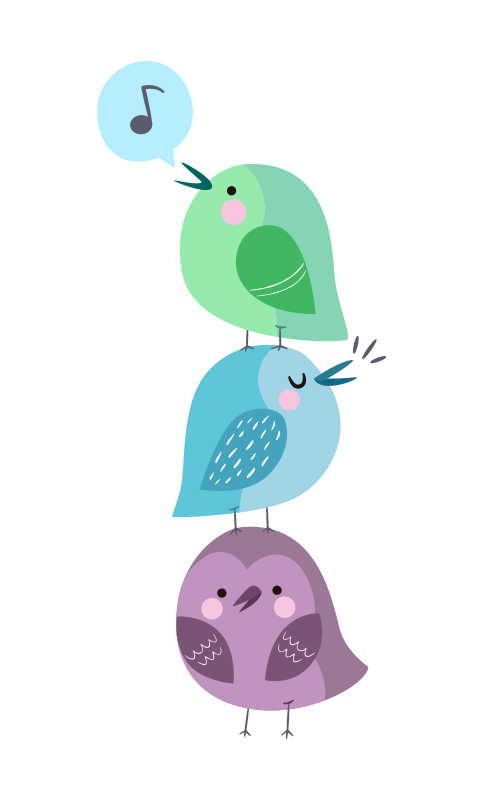VESTIBULAR SENSE – OUR MAGICAL 6TH SENSE
We all remember the lessons we learnt about our 5 senses at school and how cool it was. What we didn’t learn is that we actually have 7 senses. The Vestibular and Proprioceptive senses are crucial to the development of your child and are extremely interesting to learn about.
No parent wants their child to find it tough going to school and learning.
We all want our children to be happy, healthy individuals who see new learning experiences as adventures instead of insurmountable challenges. We all dread the day we will hear that our child has a learning challenge, but, understanding Vestibular sense and doing easy activities with your child will have a major impact on learning.
Susan Johnson, a Behavioral and Developmental Pediatrician said the following: “Children need these healthy, harmonious, rhythmic, and non-competitive movements to develop their brains. For it is the movements of their body and their love for learning that create the pathways in their mind for reading, writing, spelling, mathematics and creative thinking.”
The secret of the inner ear.
The vestibular and proprioceptive senses (discussed in Children = Moving) are both located in the structures of the inner ear.
- Tactile, vestibular and proprioceptive systems are primitive sensory systems and are fully functional at birth, which refine further during the course of development.
- Vestibular sense has to do with the body’s balance and movement in relation to the world. It keeps the body upright while standing, sitting and walking. (Which explains why our balance is off when we have ear infection).
- Balance is more important than we may think. If balance is disturbed, the brain will focus on correcting it above all else – leaving no space for concentrating on learning.
Signs of poor Vestibular processing:
- Dislikes being on their stomach.
- Dislikes baby swings.
- Excessive spinning and rocking.
- Excessive running and not calming down.
- Getting dizzy easily.
- Never getting dizzy while spinning.
- Being distracted easily.
- Problems tracking words on a page when reading.
Setting your child up for success.
Auditory input (what we hear and how we listen) is also connected to the Vestibular System as discussed in the previous blog. Specific learning disabilities are on the rise because of the pressure for schools to teach academics earlier and skipping these developmental stages that are essential.
What can you as a parent do to help develop vestibular and proprioceptive systems which will get your child get ready for learning?
Climbing, running, skipping, jumping, walking on a line, playing catch and singing and clapping games all help develop the vestibular sense. Delight in the action songs and earworm activities in the Songbirds program, as they all practice this kind of play.
Till next time!
© Take note that all articles are under Copyright and may only be used with the written consent of the author.




